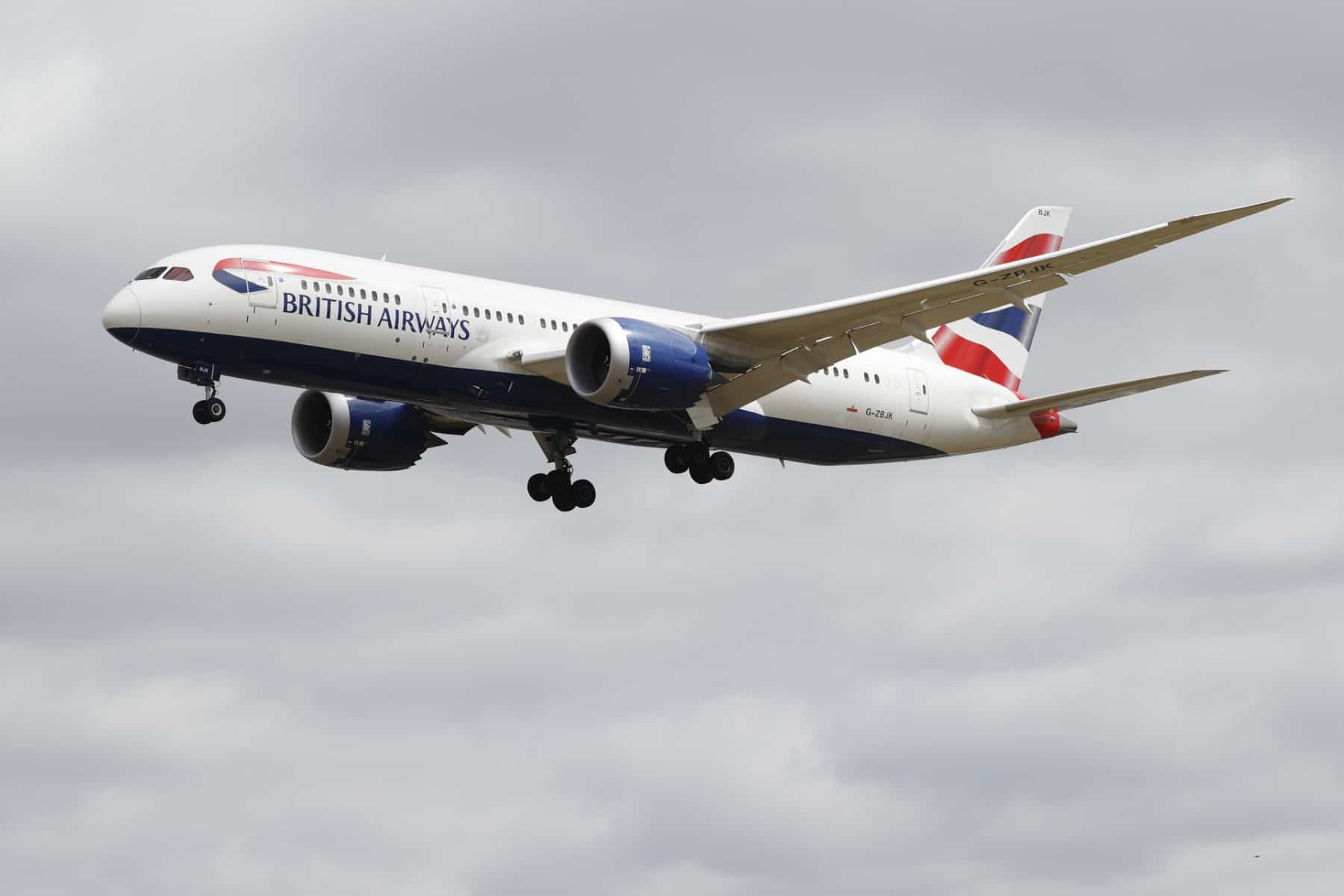London, United Kingdom– The financial cost of UK aviation cutting carbon emissions will push up ticket prices, slowing passenger demand growth, an industry body said on Monday.
Sustainable Aviation, bringing together British airlines, airports and aerospace manufacturers, predicted that this slowdown will correspond to a “reduction in projected aviation activity”.
Publishing an update to its Net Zero Carbon Road Map, the industry body said, “the increased cost of decarbonising aviation will inevitably reduce passenger demand”.
“However, this modelling also shows that, even with slightly higher costs, people still want to fly, with overall growth in passenger numbers of almost 250 million by 2050,” it added.
The UK government is aiming to achieve a net zero economy by the same year.
The global aviation sector is recovering strongly following a slump in activity caused by the Covid-19 pandemic grounding planes.
At the same time, the sector is facing extra costs owing to purchasing carbon credits and sustainable aviation fuel (SAF), as well as financing removal of greenhouse gases.
“This is the critical decade where aviation must prove it will decarbonise,” said Sustainable Aviation chair Matt Gorman.
He said that both the United States and Europe are moving fast to create new industries around sustainable aviation fuels and green aviation technology.
“The UK has all the natural advantages to be able to join them — but we need to move quickly,” Gorman added.
Progress ‘at risk’
Sustainable Aviation urged the UK government to take “urgent” action to support investment in carbon-cutting innovations, pointing to the provision of significant US and EU subsidies and incentives.
The aviation industry produces high levels of both carbon dioxide and non-CO2 emissions that contribute to climate change, according to scientists.
Practices like carbon-offsetting, commonly used by companies and governments, have come under fire for not resulting in genuine carbon reduction, and carbon removal technology has been accused of being expensive and not yet proven to be scalable.
SAF is a biofuel that produces lower carbon emissions than traditional jet fuel but is currently more expensive to produce.
According to Monday’s report, SAF could provide three-quarters of UK jet fuel by 2050.
But progress was “at risk” without government support to alleviate the higher costs of using cleaner fuels and other carbon-offsetting initiatives, it added.
“Without urgent government action the UK risks” losing also 60,000 jobs linked to the sustainable aviation industry.








